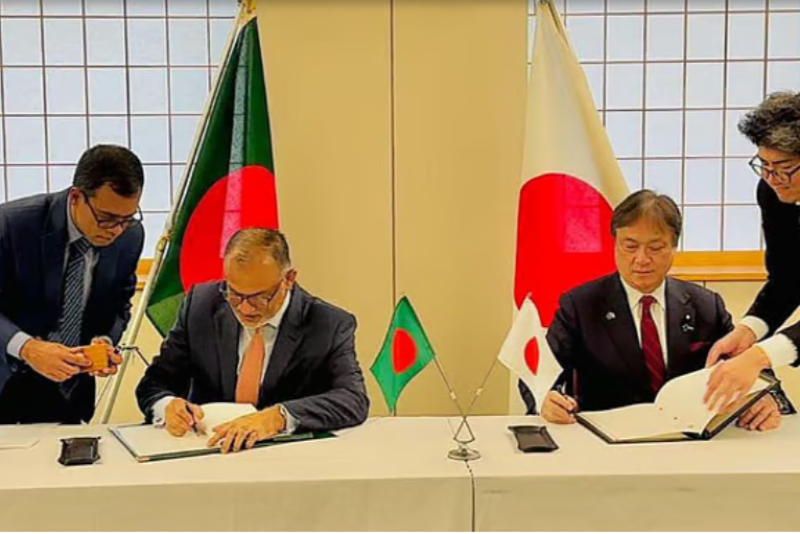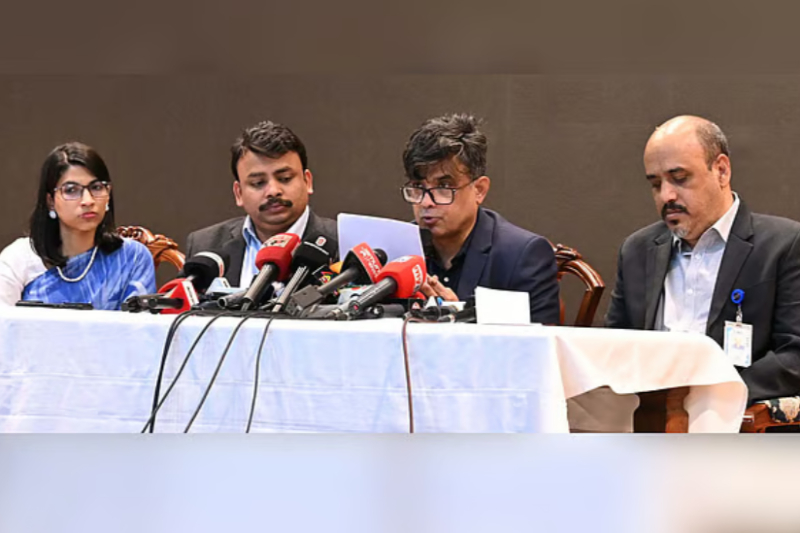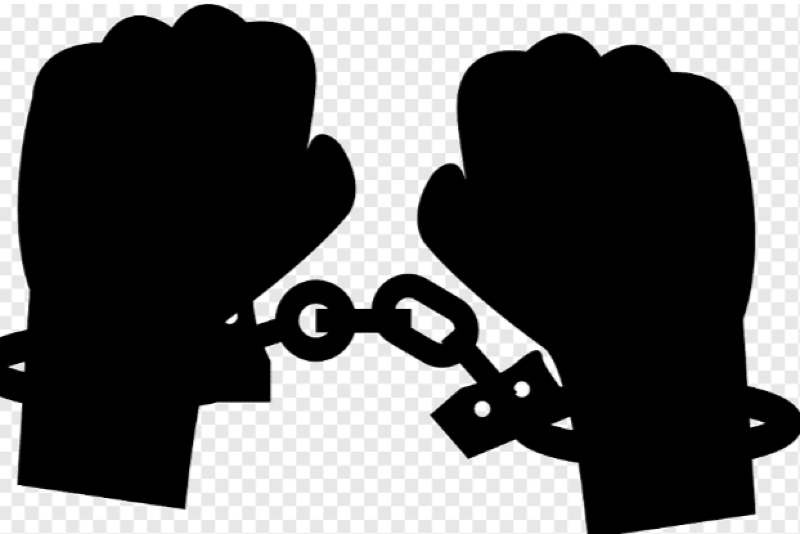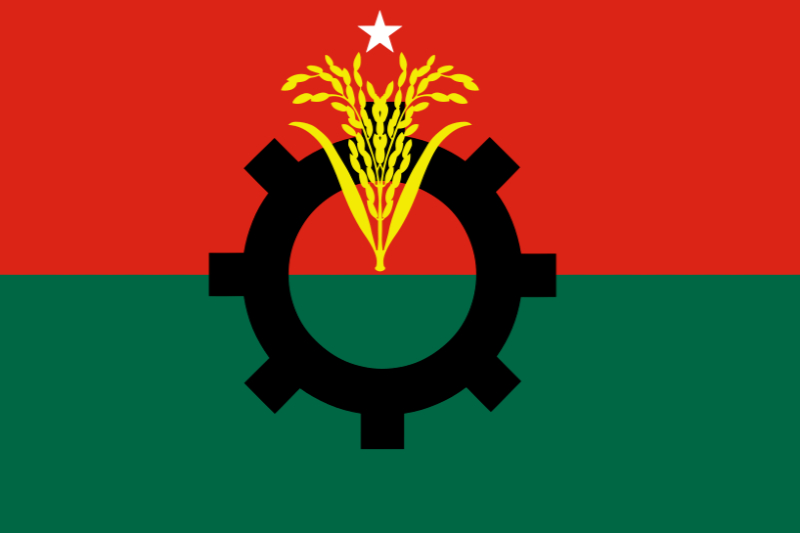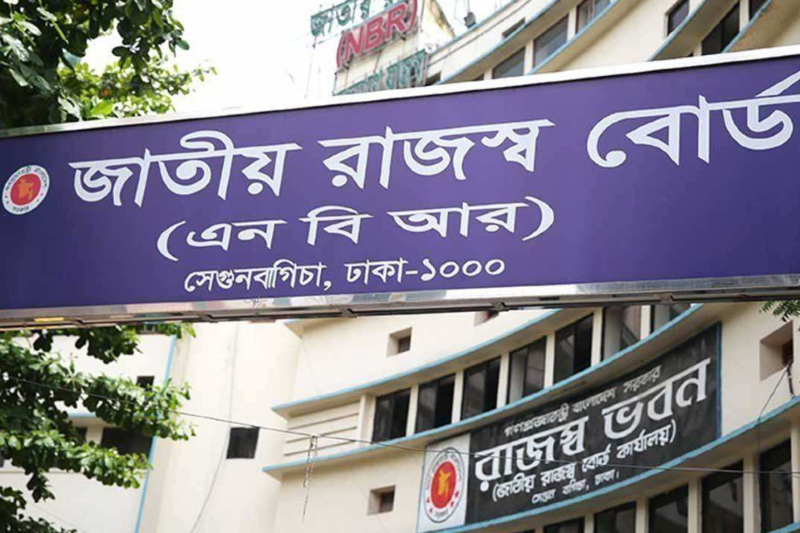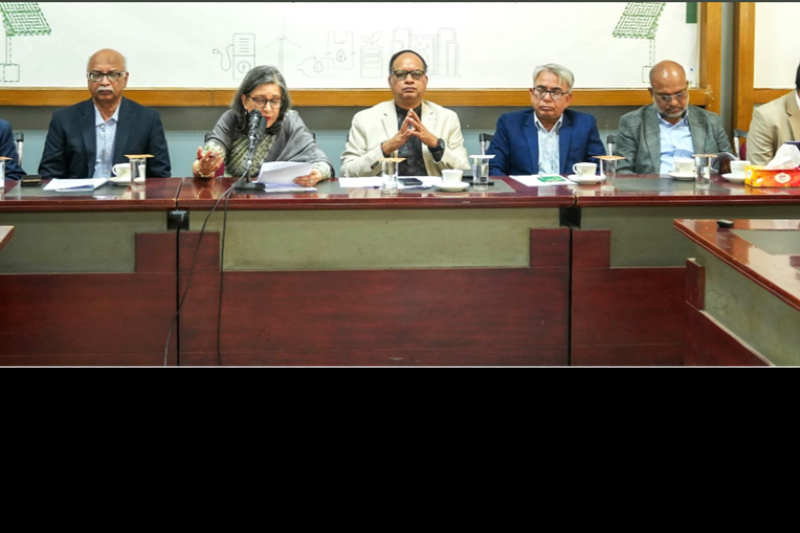'Bangladesh Seeks to Execute Hasina — But India May Stand in the Way'
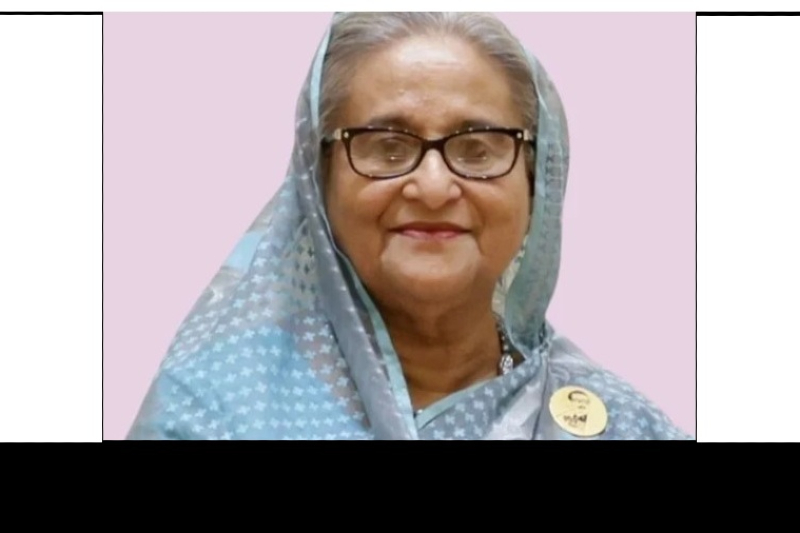
Bangladesh: Bangladesh’s former Prime Minister Sheikh Hasina, once hailed as a secular leader and a key regional ally of India, now faces a death sentence after being convicted in absentia for crimes against humanity linked to the deadly crackdown on student protests that toppled her government in 2024.
Hasina fled to India last August after 15 years in power, seeking refuge in New Delhi. Bangladesh has formally requested her extradition, but India has maintained a cautious, neutral position — a stance that could determine whether the sentence is ever carried out.
A Tumultuous Political Legacy
Hasina’s political journey is rooted in personal tragedy. She is the daughter of Sheikh Mujibur Rahman, Bangladesh’s founding leader, who was assassinated along with most of her family in 1975. She spent six years in exile in India before returning in 1981 to lead the Awami League.
For decades, she and rival Khaleda Zia dominated Bangladesh’s politics in a bitter rivalry known as the “Battling Begums.”
Hasina first became prime minister in 1996, returned in 2008, and ruled until 2024. Her tenure delivered economic growth but was marked by accusations of authoritarianism, voter suppression, and widespread human rights violations.
Crackdown That Triggered Her Fall
The mass protests of 2024 — initially sparked by anger over job quotas — escalated after violent government repression. The UN says as many as 1,400 people were killed. The uprising forced Hasina to flee Bangladesh as her government collapsed.
“She committed so much bloodshed to stay in power,” said political scientist Mubashar Hasan. “She pushed the boundaries and everyone turned against her.”
Death Sentence and the Extradition Standoff
The International Crimes Tribunal sentenced Hasina to death for ordering lethal force, including hangings and drone attacks, against protesters. Families of victims welcomed the verdict.
Hasina denies all charges, calling them politically motivated — a key factor India may consider. Under the India–Bangladesh extradition treaty, New Delhi can refuse extradition for political offenses. Analysts believe this clause gives India grounds to protect her.
India has praised Hasina in the past as a reliable partner and credited her with helping secure the border and suppress anti-India insurgents. Her family says India “saved her life” by giving her refuge.
What Happens Next?
Hasina is still able to appeal in Bangladesh’s Supreme Court and could potentially seek international legal remedies. Experts say India is unlikely to extradite her before all appeals are exhausted.
Bangladesh’s foreign ministry, however, insists India must hand her over “without delay.”
Political Uncertainty Ahead
Hasina’s Awami League is now banned, its leaders scattered. An interim government led by Nobel laureate Muhammad Yunus is preparing for elections in February. With the Awami League sidelined, the BNP and other parties are positioned to dominate — though deep polarization remains.
Whether Hasina’s fall ends an era of political toxicity or ushers in further instability is still unclear.
(Note: This report has been summarized and adapted from a CNN article.)



